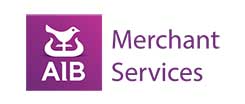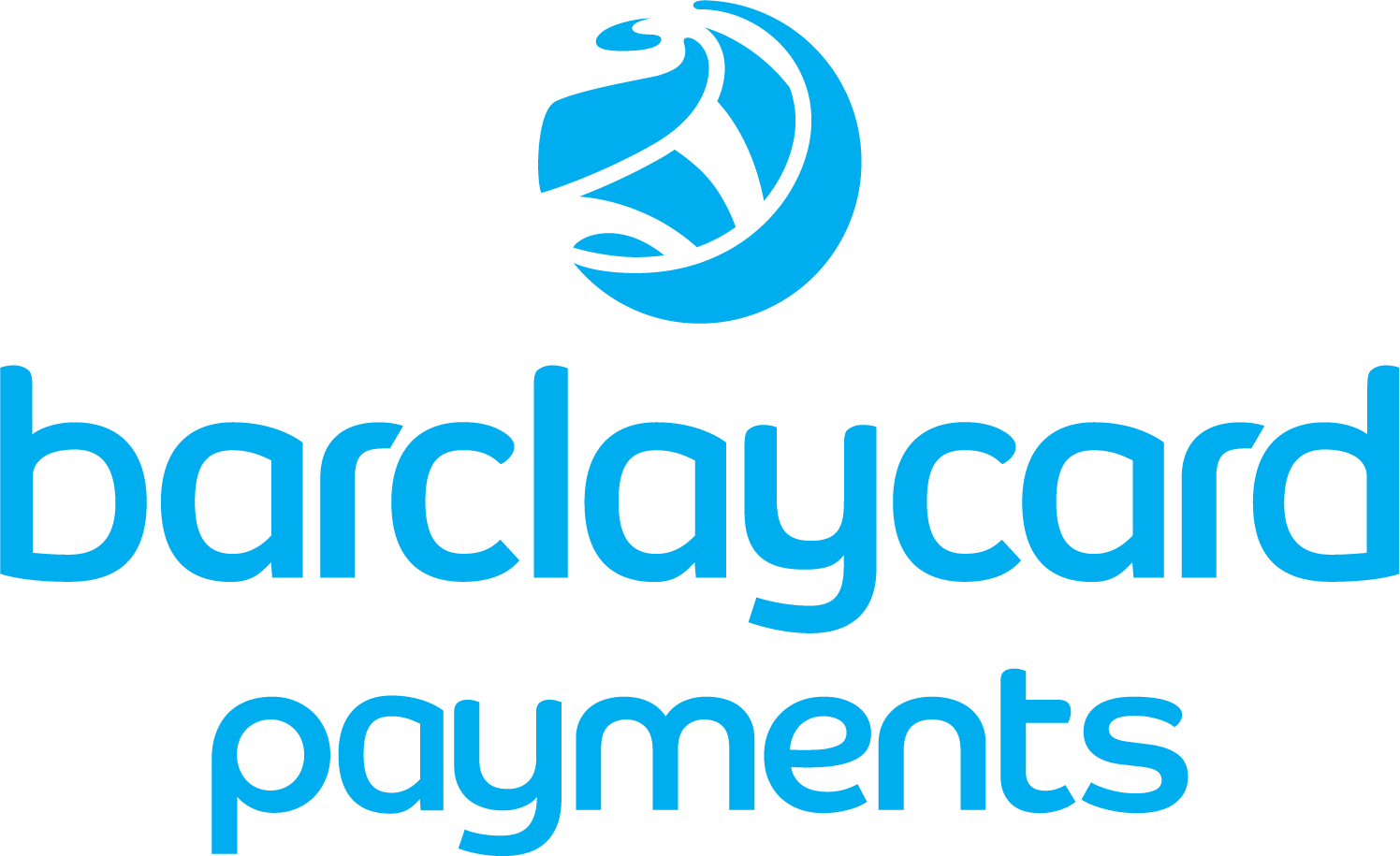Compare Card Payment providers the Easy way
- Direct access to the best rates from the UK leading providers
- One enquiry – all the information you need
- Avoid Lead Generation websites
- We don’t sell your data to anyone
- Rates from 0.26%
- Minimise your card payment processing fees





We're rated Excellent on
Understanding the Merchant Payment Process: A Guide for Businesses
For businesses in the UK, accepting payments efficiently is crucial for maintaining a healthy cash flow and ensuring customer satisfaction. Whether you run an online store, a brick-and-mortar shop, or both, understanding the merchant payment process is essential.
This guide will break down how payment processing works, the parties involved, and the steps from when a customer initiates a payment to when funds land in your business bank account.
What Is the Merchant Payment Process?
The merchant payment process refers to the sequence of steps that occur when a business accepts payments from customers via credit card transactions, debit card payments, or other electronic payments.
This process involves multiple entities, including:
- Customer’s bank (issuing bank) – The financial institution that provides the customer’s debit or credit card.
- Merchant’s bank (acquiring bank) – The bank where the business holds its merchant account.
- Payment processor – A service provider that facilitates transactions between the customer and merchant.
- Payment gateway – Technology that securely transmits payment details between the merchant and the card network.
Understanding how these components interact helps businesses choose the best merchant services payment processing solutions.
How Does Payment Processing Work?
Step 1: Customer Initiates Payment
When a customer makes a purchase—whether by swiping a card, entering payment information online, or using a point of sale system—the payment process begins.
- For online payments, the customer enters their card details into a payment gateway.
- For in-person transactions, the customer swipes, inserts, or taps their card.
Step 2: Payment Authorization
The merchant submits the transaction details to their payment processor, which forwards the request to the card network (Visa, Mastercard, etc.). The card issuer (customer’s bank) checks:
- If the customer has sufficient funds.
- If the transaction matches fraud patterns.
If approved, the issuing bank sends an approval code. If declined, the customer receives a decline message.
Step 3: Clearing Process Begins
Once authorized, the clearing process transfers funds from the customer’s account to the merchant’s bank account. This usually takes 1-3 business days.
Step 4: Acquiring Bank Deposits Funds
The acquiring bank receives the payment and deposits it into the merchant’s account, minus applicable fees.
Key Players in Merchant Payment Processing
1. Merchant Account vs. Business Bank Account
A merchant account is a special type of bank account that holds funds from card transactions before they settle into your business bank account.
2. Payment Gateway
A payment gateway securely transmits payment details between the merchant and the payment processor. It’s essential for online payment processing.
3. Payment Processor
A payment processor (or third-party payment processor) handles the technical aspects of transaction processing, communicating between banks and card networks.
4. Acquiring Bank (Merchant Bank)
The acquiring bank works with the merchant to facilitate deposits into their merchant’s account.
5. Issuing Bank (Customer’s Bank)
The issuing bank approves or declines transactions based on the customer’s available funds.
Types of Payment Methods Businesses Can Accept
To maximize sales, businesses should support multiple payment methods, including:
- Credit and debit cards (Visa, Mastercard, American Express)
- Digital wallets (Apple Pay, Google Pay)
- Bank transfers (via Open Banking)
- Buy Now, Pay Later (BNPL) services (Klarna, Clearpay)
Each method has different fee structures, so businesses must choose the right merchant payment processing service.
Understanding Transaction Fees
Payment processing services come with various fees, such as:
- Interchange fees (paid to the issuing bank)
- Assessment fees (charged by the card network)
- Processor markup fees (charged by the service provider)
- Monthly fee (for maintaining a merchant account)
These fees vary depending on the payment options offered and the merchant service provider.
Fraud Prevention in Payment Processing
Since payment transactions involve sensitive data, businesses must implement fraud prevention measures, such as:
- Address Verification Service (AVS) – Confirms the customer’s billing address.
- 3D Secure (3DS2) – Adds an extra authentication step for online payments.
- Tokenization – Replaces card details with a secure token to prevent data breaches.
Choosing the Right Merchant Payment Processing Service
When selecting a merchant service provider, consider:
- Supported payment methods – Can you accept credit cards, digital wallets, and other options?
- Transaction fees – Compare fee structures to find the most cost-effective solution.
- Integration – Does the provider work with your point of sale system or e-commerce platform?
- Security – Ensure the provider complies with PCI DSS (Payment Card Industry Data Security Standard).
Understanding the merchant payment process helps businesses accept payments smoothly, reduce transaction fees, and maintain a healthy cash flow. By working with the right payment processors, merchant accounts, and acquiring banks, UK businesses can streamline payment transaction processing and enhance customer satisfaction.
Whether you’re handling debit card payments, online payment processing, or credit card transactions, choosing the best merchant services ensures seamless payment processing services for your business.
By optimizing your payment process, you can focus on growing your business while securely accepting payments from customers worldwide.
